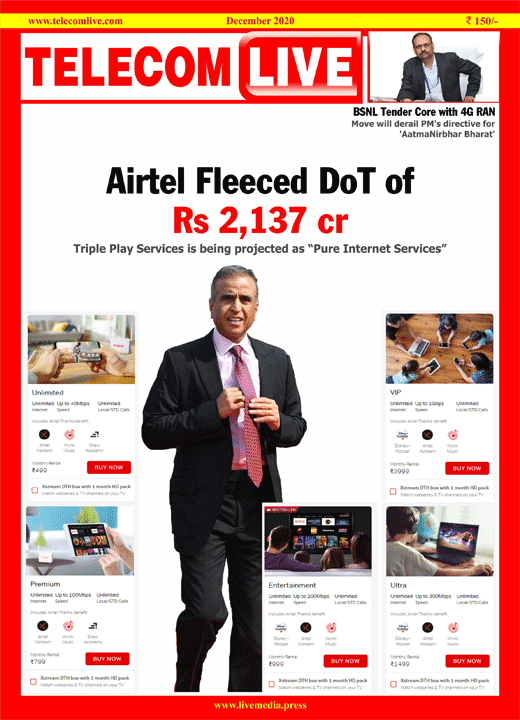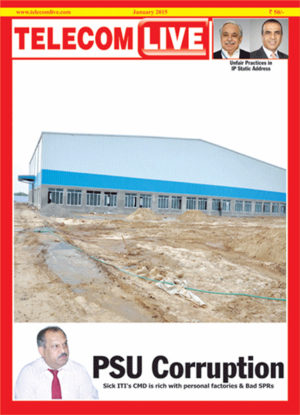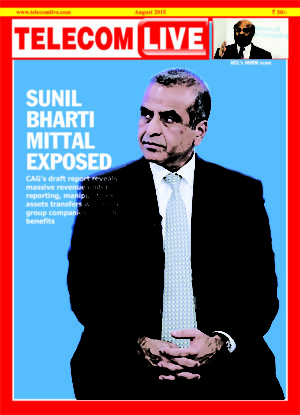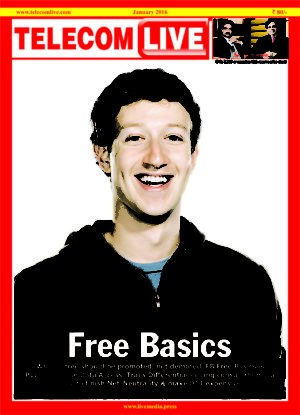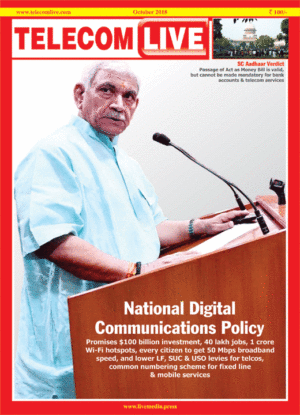BSNL’s single tender for core network and 4G RAN is a bad decision. If it goes through, there will be a mighty cost to pay. The government which has pumped in Rs 70,000 crore package for the state telcos, (largely for BSNL) must scrutinize this decision on technical merits. In the best interests of the company, BSNL should have invited two separate tenders – one for Core Network and another for 4G-RAN.
‘AatmaNirbhar Bharat’ is more than a slogan; it is government’s policy to promote localization and growth of manufacturing, trade and services of Indian businesses. Accordingly, BSNL has been mandated to procure core network only from such Indian companies that have Indian IPRs with full rights to modify the source code. No company in India has so far developed a commercially deployable core network. Those who have developed the complete suite of core network comprising of all elements, like C-DoT, are stymied by multi-national vendors in trial phase itself through denials of inter-working tests. This has been the experience of C-DoT’s core trials in MTNL which has seen pendency for over a year because it has been hindered by Nokia. Whereas, 4G RAN is subject to local contents requirement.
Clearly the established suppliers of 4G RAN and core networks will make it difficult for new players to enter the fray.
Out of 11 crore subscribers, BSNL has 5.5 crore active subscribers. BSNL wants to procure about 57,000 4G RAN sites under this tender. If core network is procured separately, Indian companies / developers will get enough time to complete trials in multi-vendor network scenario. While core is under still evaluation, BSNL can place orders for RAN and start the rollout of 4G services. With the separation of tender, risk involved with core network is eliminated. If the tender is allowed in the present format, BSNL will have to wait for the outcome of core network trials before it can even think of opening financial bids. If none of core network is successful, the entire bid has to be scrapped.
All the tender related information and risk factors have been put together for our readers in the cover story. Also in this edition, read the details of how Bharti fleeced DoT of revenue worth Rs 2,137 crore by violating license agreements and projecting triple play services as pure internet services.
